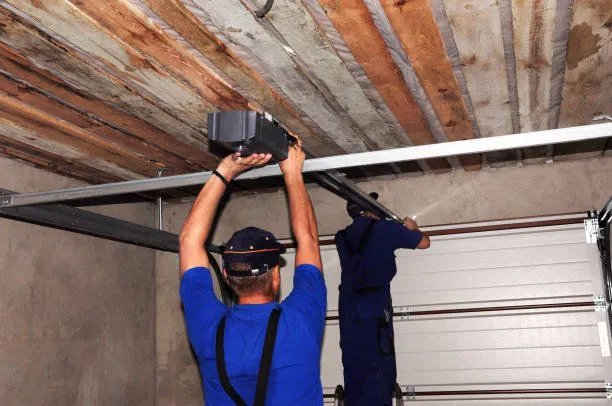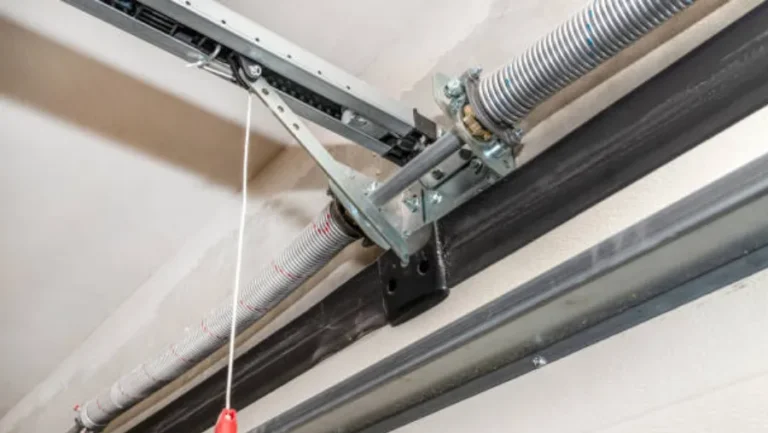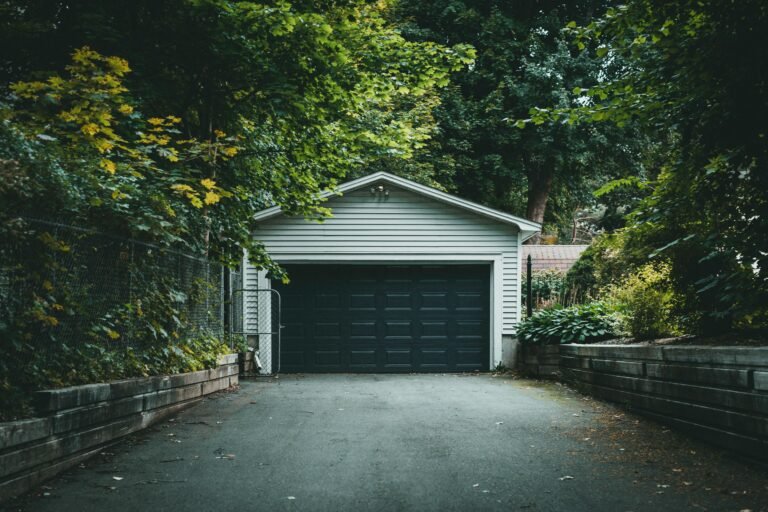Your garage door is one of the most critical entryways to your home, offering security, insulation, and convenience. Yet, it often goes unnoticed until it malfunctions. Knowing the signs that your garage door needs professional repair or replacement is essential for your safety and peace of mind. Below, we explore in detail the common signs, risks of delaying repairs, and when replacement becomes more cost-effective.
Why It’s Important to Pay Attention to Garage Door Issues
A malfunctioning garage door is not merely an inconvenience. It can:
- Compromise home security, making your property vulnerable to intruders.
- Cause safety hazards, risking injury to you, your family, or pets.
- Increase energy bills if insulation is damaged.
- Lead to costlier repairs or replacements if minor issues are ignored.
Identifying early warning signs helps prevent unexpected breakdowns and ensures your garage door functions smoothly for years.
1. Excessive Noise During Operation
One of the first signs homeowners notice is unusual noise. While garage doors make some sound during operation, loud grinding, squeaking, rattling, or banging indicate underlying problems such as:
- Worn out rollers or hinges
- Loose hardware components
- Poor lubrication
- Problems with the garage door opener mechanism
If noises intensify over time, it’s wise to schedule a professional inspection before parts fail completely.
2. Slow or Uneven Movement
If your garage door opens or closes slower than usual or jerks along the track, it may indicate:
- Damaged rollers or tracks
- Motor issues in the opener
- Problems with the torsion or extension springs
Slow or uneven movement is a clear sign of stress in your door system. Continuing to operate it in this condition could cause sudden breakdowns or accidents.
3. Door Won’t Open or Close Fully
A garage door that refuses to open or close all the way can be caused by:
- Misaligned photo-eye sensors
- Limit setting issues on the opener
- Track obstructions
- Broken springs or cables
This problem compromises security and functionality, requiring prompt professional repair to restore safe operation.
4. Sagging or Imbalanced Door
Over time, sections of the garage door can sag or lose balance. You can test this by:
- Disconnecting the opener and manually lifting the door halfway.
- If it doesn’t stay in place or moves up or down, springs or tension are uneven.
An imbalanced or sagging door can strain the opener and lead to premature failure of the entire system.
5. Increased Energy Bills
If your garage is attached to your living space and you’ve noticed higher heating or cooling bills, poor garage door insulation may be to blame. Common causes include:
- Damaged or worn weather stripping
- Cracks in panels
- Warped door sections
Replacing weather stripping or upgrading to an insulated garage door can help maintain energy efficiency in your home.
6. Visible Damage to Panels or Hardware
Physical damage such as dents, cracks, or rust spots on your garage door panels affects aesthetics and performance. Damaged hardware like bent tracks, broken rollers, or frayed cables also pose serious safety risks. Depending on severity, your technician may recommend repairs or a full replacement if structural integrity is compromised.
7. Frequent Breakdowns or Repairs
If your garage door requires constant repairs, the cumulative cost can surpass that of a replacement. Frequent issues indicate the door system is nearing the end of its functional lifespan. Upgrading to a new, more efficient model can save you money in the long run while improving reliability.
8. The Door Is Outdated or Lacks Safety Features
Older garage doors often lack modern safety and security features, including:
- Auto-reverse mechanisms
- Motion detection lighting
- Smart garage door integration
Replacing an outdated garage door enhances security, increases home value, and provides ease of operation with new technology.
Risks of Ignoring Garage Door Problems
Delaying garage door repairs or replacement can result in:
- Complete failure of the system, leaving your vehicle trapped.
- Injury risks from broken springs or snapped cables.
- Property damage if the door collapses suddenly.
- Higher long-term costs due to emergency repairs or replacements.
Professional inspections and timely repairs protect your family, property, and finances.
When Is Replacement Better Than Repair?
While repairs resolve many issues, replacement becomes necessary when:
- The door is over 15-20 years old
- Panels are severely damaged or rusted
- The door lacks essential safety features
- Repairs cost more than 50% of a new door
Modern garage doors offer better insulation, durability, and smart security features, making them a wise investment for your home’s value and functionality.
Choosing the Right Professional Garage Door Service
When seeking repairs or replacement:
- Choose a licensed and insured company.
- Check reviews and ratings for reliability.
- Ensure technicians are trained to handle all garage door brands and models.
- Ask for upfront quotes and warranty details.
Professional service ensures repairs meet safety standards and your door functions seamlessly for years ahead.
Final Thoughts
Your garage door plays an integral role in your home’s security, efficiency, and convenience. Recognizing the signs your garage door needs professional repair or replacement helps you address problems before they escalate. Whether it’s unusual noise, sagging panels, or frequent malfunctions, proactive action ensures safety, cost savings, and peace of mind.
If you notice any of these signs, don’t wait for complete failure. Contact a trusted garage door repair company to inspect and recommend the best solution – whether repair or replacement – to keep your home safe and fully operational.





